The toxic air is taking a toll on everyone, from children to the elderly, causing issues like breathing problems, persistent coughing, and aggravated asthma. In the face of such health risks, what can you do to protect yourself and your loved ones? That’s where air purifiers and humidifiers come in, both popular home appliances designed to improve air quality, but in very different ways.

Air purifiers work by removing harmful particles, allergens, and pollutants from the air, making them a great choice for tackling indoor pollution, especially in areas with high AQI or smog. On the other hand, humidifiers add moisture to dry air, helping ease symptoms of dryness, such as irritated skin, dry throats, and nasal congestion.
So, how do you choose between the two? In this article, we’ll explore the key differences between air purifiers and humidifiers, weigh their benefits and drawbacks, and help you decide which one is most suitable for your home, especially with the current pollution levels and health concerns.
What do air purifiers do?
An air purifier is a device that helps improve indoor air quality by removing harmful particles from the air. It works by pulling in air from the room, passing it through multiple filters, and releasing cleaner, purified air back into the space. Air purifiers are effective at removing dust, allergens such as pollen and pet dander, as well as pollutants like smoke and volatile organic compounds (VOCs) that can harm your health.
Depending on the type of filter used, air purifiers come in various models, including those with HEPA filters, UV-C purifiers, and carbon filters, each designed to target specific types of pollutants.
What are the benefits of air purifiers?
Improved air quality: Air purifiers help to clean the air by removing harmful particles and pollutants.
Reduction in allergens: They reduce allergens like pollen, pet dander, and dust, which is beneficial for people with allergies or asthma.
Fewer respiratory problems: Cleaner air can lead to fewer issues such as coughing, sneezing, and difficulty breathing.
Better sleep: Improved air quality can help enhance sleep quality by reducing irritants in the environment.
Healthier environment: Provides an overall healthier home environment, particularly for children, the elderly, and individuals with sensitive immune systems.
What are the limitations of air purifiers?
- They require regular maintenance, including changing filters and cleaning various components.
- Without proper maintenance, their effectiveness can decrease over time.
- Air purifiers do not add moisture to the air, so they are not helpful for addressing dry air.
- They may not be suitable for improving humidity levels in the home.
- Some models can be noisy, especially on higher settings.
Learn all about air purifiers and their functioning with our air purifier buying guide: Air purifier buying guide: Know all about air purifier types, features and filters to choose the right one for your home
Check out these air purifiers for home:
What do humidifiers do?
A humidifier is a device designed to add moisture to the air, making it especially useful in dry conditions, such as during the winter months or in areas with low humidity. It works by releasing water vapour into the air, helping to maintain a balanced level of humidity.
What are the different types of humidifiers?
Evaporative humidifiers: These use a fan to blow air through a wet filter, which evaporates water into the air.
Ultrasonic humidifiers: These create a fine mist by using ultrasonic vibrations to break water into tiny droplets, releasing them into the air.
Steam vapourisers: These heat water to produce steam, which is then cooled slightly before being released into the air as a warm mist.
What are the benefits of humidifiers?
Prevents dry skin: Humidifiers help to keep your skin hydrated by maintaining moisture in the air, especially during cold, dry seasons.
Eases breathing: They can help relieve dry sinuses, stuffy noses, and irritation in the respiratory tract, making breathing easier.
Protects wooden furniture: By preventing the air from becoming too dry, humidifiers help protect wooden furniture, doors, and musical instruments from cracking or warping.
What are the limitations of humidifiers?
Risk of mould growth: If not cleaned regularly, humidifiers can promote mould and bacteria growth, which can worsen indoor air quality.
Excess moisture: Too much moisture in the air can lead to other issues, such as condensation, dust mites, and mould, which can be harmful to health.
Regular maintenance: To function effectively, humidifiers need regular cleaning and maintenance to avoid the build-up of minerals and bacteria.
Check out these humidifiers on Amazon:
Also read: Breathe easy today with 5 life-saving air purifier features to combat extreme pollution levels
Key differences between air purifiers and humidifiers
|
Aspect |
Air Purifier |
Humidifier |
| Purpose | Cleans air by removing dust, smoke, allergens, and pollutants. | Adds moisture to dry air, improving humidity levels. |
| Maintenance | Requires filter changes every 6-12 months. | Needs regular water refills and cleaning to prevent bacteria and mould growth. |
| Cost | Varies widely depending on size and features of the device. | Cost also varies based on size and features, typically less expensive than air purifiers. |
| Coverage | Covers a larger area, depending on the model and room size. | Typically covers smaller areas; larger models are needed for bigger rooms. |
Air purifier vs humidifier: Which one should you choose?
When deciding between an air purifier and a humidifier, it’s important to consider your home’s climate and your health needs. Here’s a guide to help you choose the best option:
Climate considerations
Dry climates: If you live in a dry area or experience harsh winters, a humidifier would be more beneficial. It adds moisture to the air, preventing dry skin, irritated throats, and other discomforts caused by low humidity.
Polluted or allergy-prone areas: In areas with high pollution or frequent allergens, an air purifier is the better choice. It effectively filters out dust, pollen, pet dander, smoke, and other pollutants, improving indoor air quality and reducing respiratory issues.
Also read: Air purifier vs dehumidifier: What will help you tackle severe Delhi pollution and low AQI
Health needs
Asthma or allergy sufferers: Individuals with asthma, allergies, or respiratory issues can greatly benefit from an air purifier. It helps remove allergens and pollutants, reducing triggers that could worsen symptoms.
Skin or respiratory issues due to dry air: If you’re dealing with dry skin, irritated sinuses, or discomfort caused by dry air, a humidifier would be more suitable. It helps maintain optimal moisture levels in the air, making breathing easier and keeping skin hydrated.
Can you use an air purifier and a humidifier at the same time?
Yes, you can use an air purifier and a humidifier together, since they serve different purposes. The air purifier removes harmful particles like dust, allergens, and pollutants, improving air quality. Meanwhile, the humidifier adds moisture to dry air, helping with skin dryness and respiratory discomfort. Together, they create a balanced environment, especially in areas with pollution or dry air, ensuring clean, comfortable air for your home.
Similar articles for you
A guide on how to optimise air purifiers for poor AQI conditions and high pollution levels
How to keep your air purifier fighting fit during smog season: A comprehensive maintenance guide
Best air purifiers under 10000; top 8 picks to breathe easy in the comfort of your home
FAQs on air purifiers and humidifiers
- Which one is better for allergies, an air purifier or a humidifier?
An air purifier is better for allergies. It removes allergens like pollen, dust mites, and pet dander from the air, helping to reduce allergy symptoms.
- Will an air purifier help with dry skin?
No, an air purifier does not add moisture to the air. For dry skin, a humidifier is the right choice as it adds moisture to the air, preventing your skin from drying out.
- Can a humidifier help with a stuffy nose?
Yes, a humidifier adds moisture to dry air, which can help relieve nasal congestion and make breathing easier when you’re dealing with a stuffy nose.
- Is it safe to run a humidifier all night?
Yes, it’s generally safe to run a humidifier overnight but ensure you clean it regularly to prevent bacteria or mould buildup.
Disclaimer: At Hindustan Times, we help you stay up-to-date with the latest trends and products. Hindustan Times has an affiliate partnership, so we may get a part of the revenue when you make a purchase. We shall not be liable for any claim under applicable laws, including but not limited to the Consumer Protection Act, 2019, with respect to the products. The products listed in this article are in no particular order of priority.

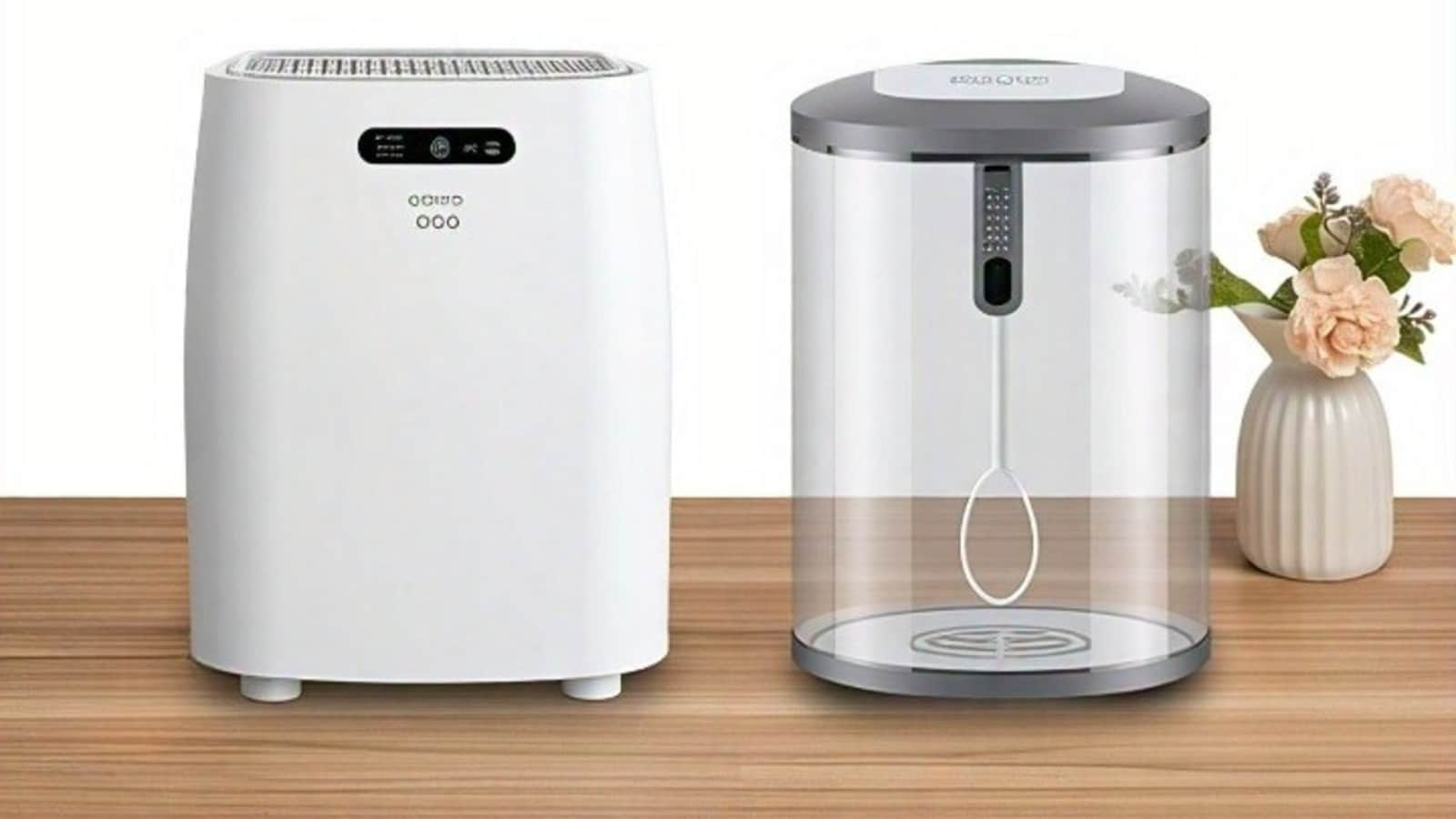
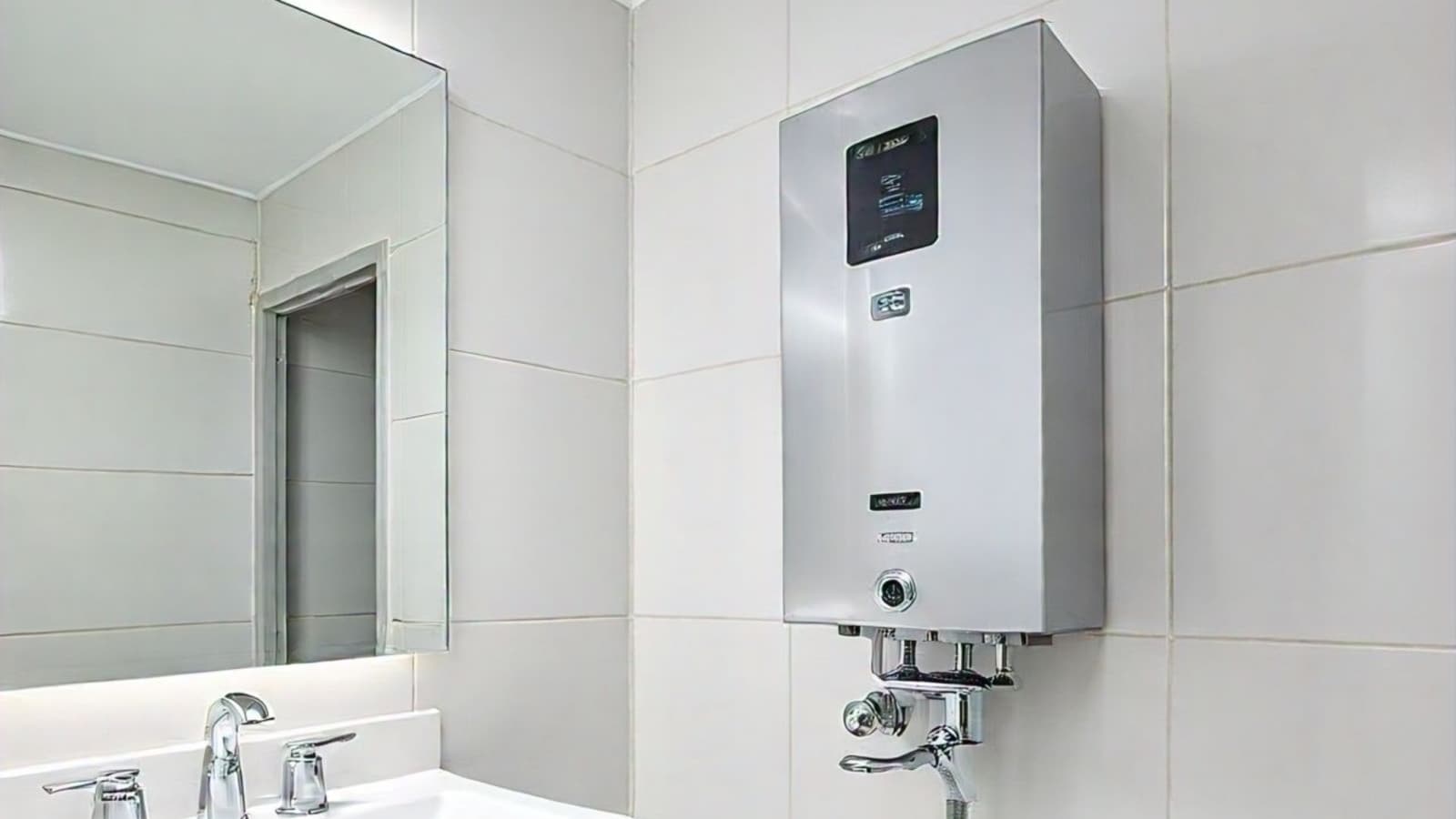




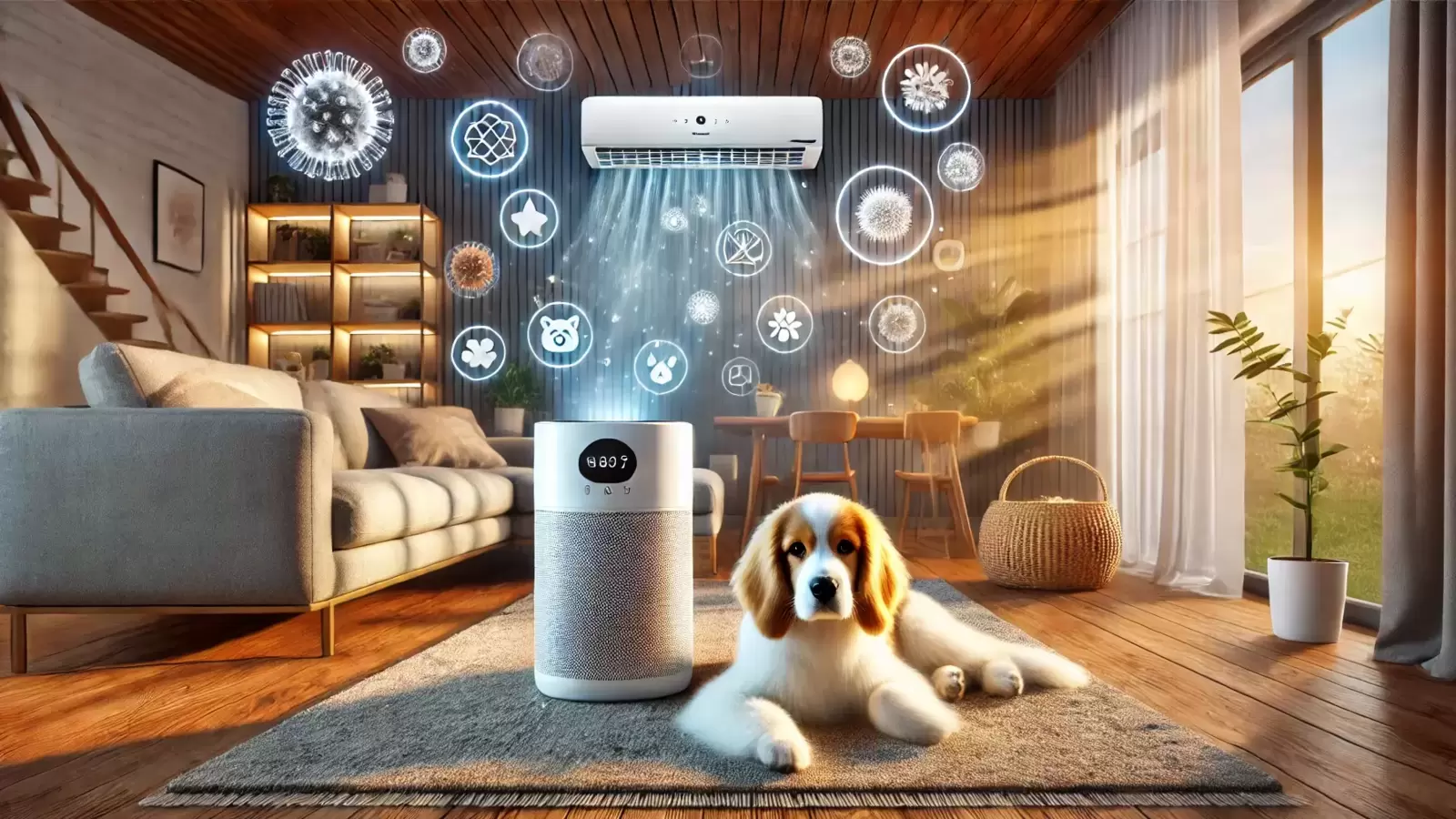
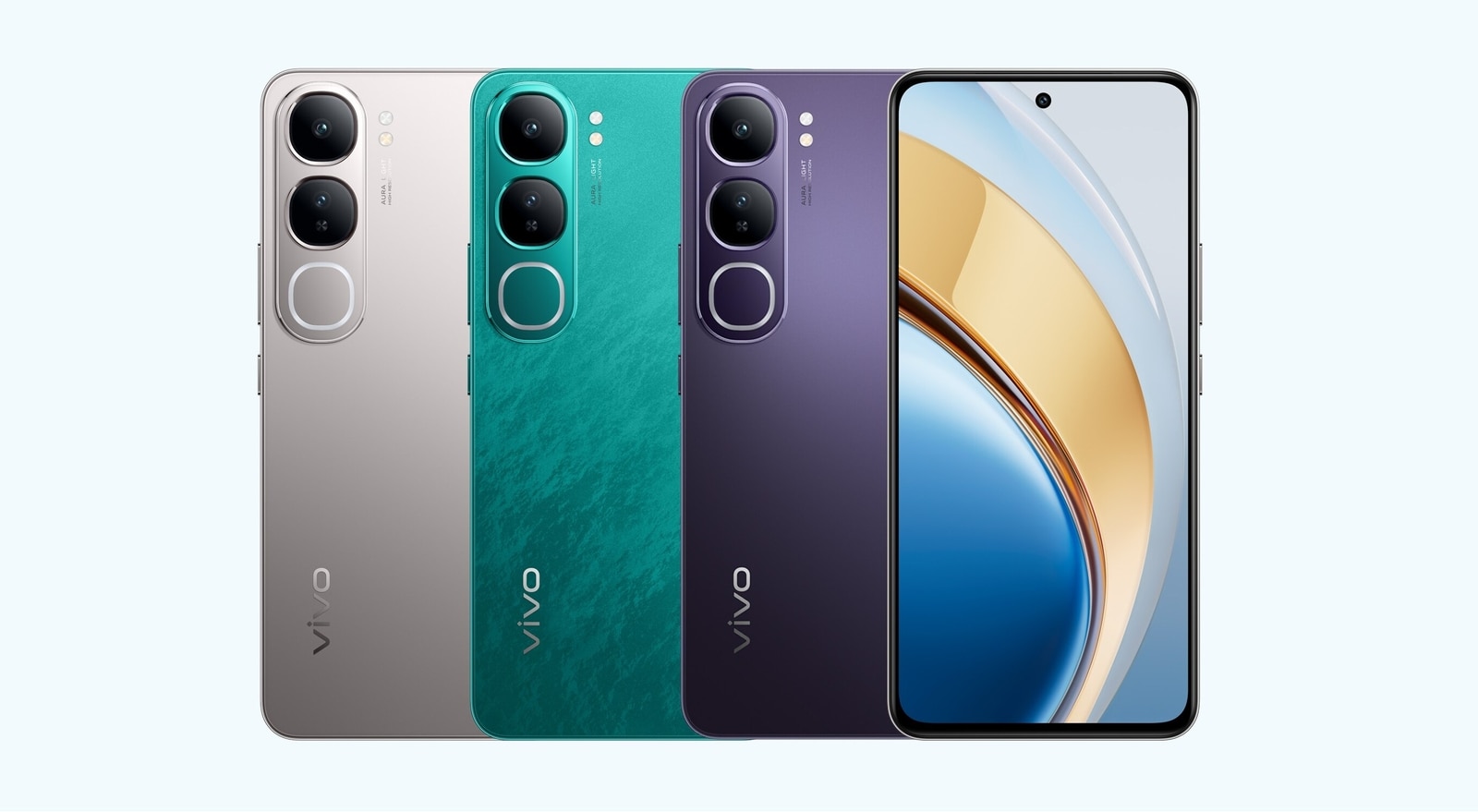
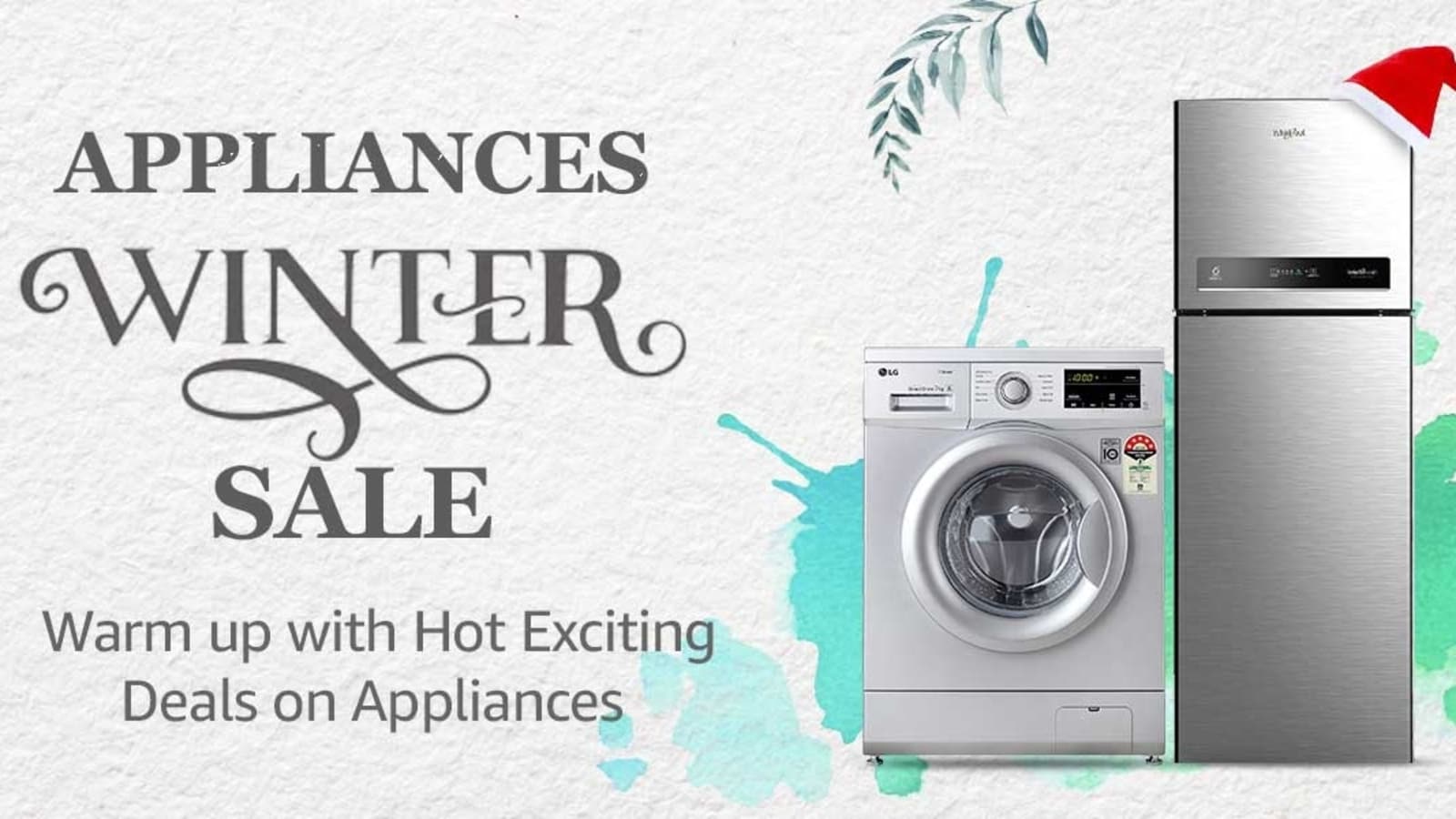
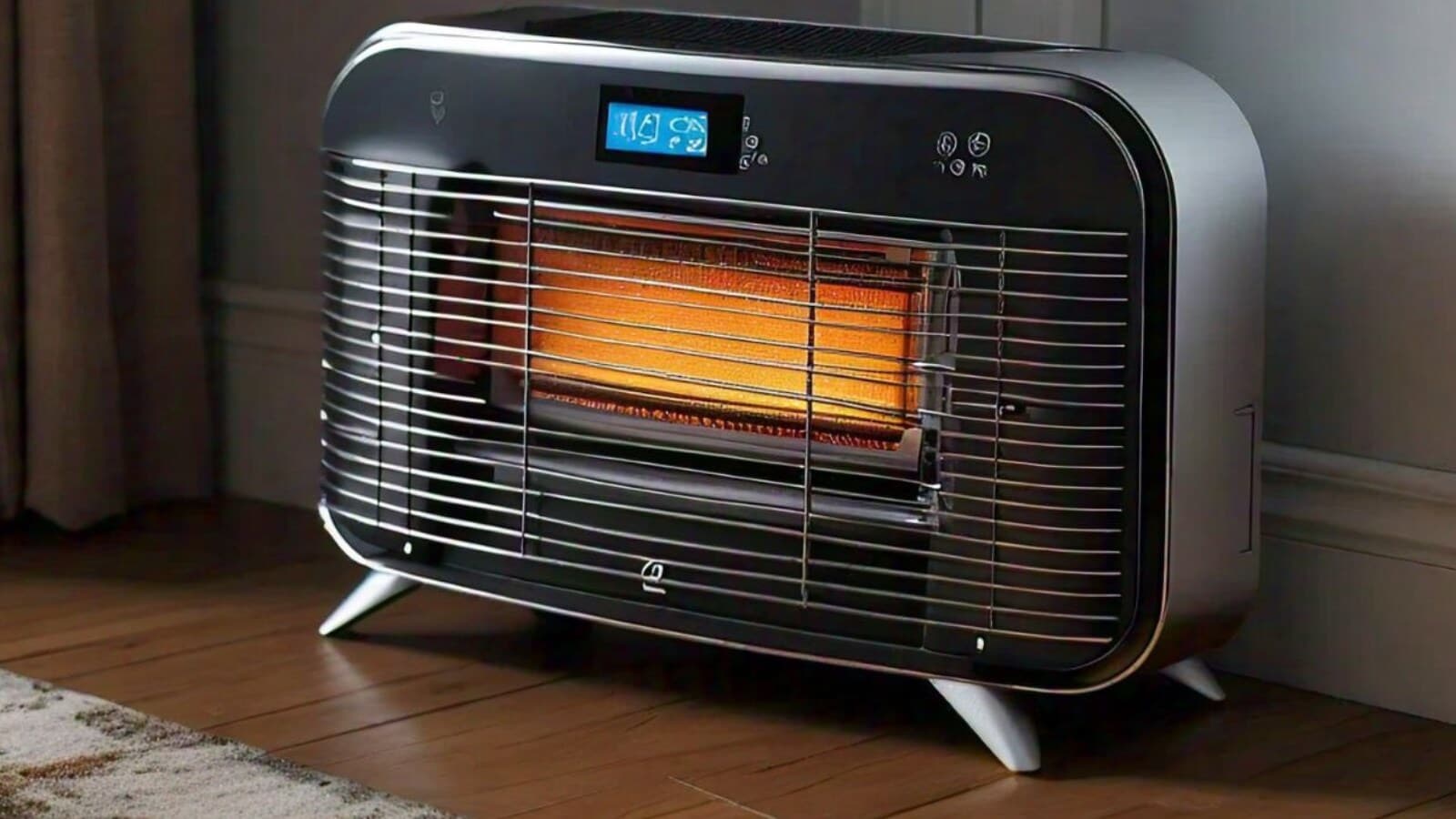
Leave a Reply